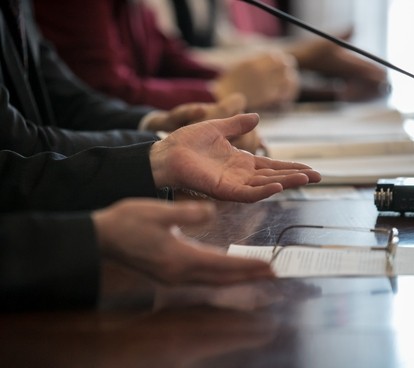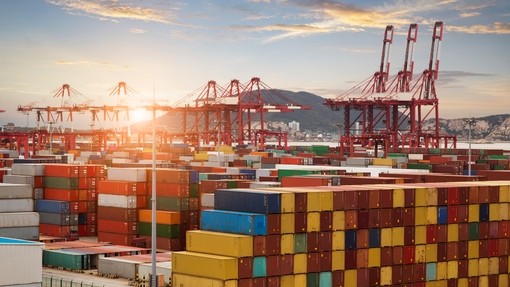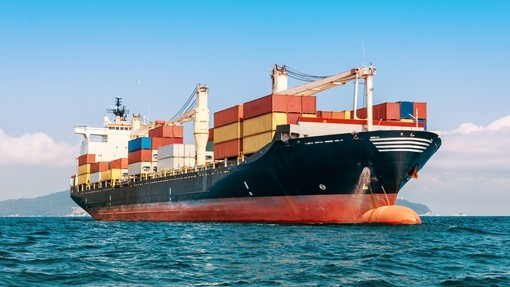New reciprocal enforcement of judgments regime between Hong Kong and PRC introduced on 29 January 2024

New reciprocal enforcement of judgments regime between Hong Kong and PRC introduced on 29 January 2024
Three years after the signing of the Arrangement on Reciprocal Recognition and Enforcement of Judgments in Civil and Commercial Matters by the Courts of the Mainland and Hong Kong SAR (the ‘Arrangement’), the Mainland Judgments in Civil and Commercial Matters (Reciprocal Enforcement) Ordinance (Cap. 645) (the ‘Ordinance’) has finally come into force on 29 January 2024.
We first wrote about the potential benefits of the Ordinance in December 2022.
The Hong Kong Government has also announced that the PRC-equivalent of the Ordinance will be implemented in the PRC by judicial interpretation promulgated by the Supreme People’s Court.
The Ordinance formally implements the Arrangement originally signed on 18 January 2019 and sets out the procedure and mechanisms for registering judgments in civil and commercial matters to facilitate the reciprocal enforcement of such judgments between Hong Kong and the PRC. Most notably, the Ordinance eliminates the requirement for an exclusive jurisdiction agreement in Hong Kong or PRC (as applicable), which was needed in order to fall under the ambit of the Mainland Judgments (Reciprocal Enforcement) Ordinance (Cap. 597) (the ‘MJREO’), and greatly expands the scope of enforceable judgments to cover monetary and non-monetary judgments in civil and commercial matters, whereas the MJREO only covers monetary judgments in commercial matters. However, it should be noted that registration must be made within 2 years from a party’s default in complying with an applicable PRC judgment (s10(1)(b)).
However, the Ordinance expressly excludes certain types of judgments, such as matrimonial and family cases, probate, intellectual property cases, bankruptcy and insolvency matters, arbitration and arbitral award-related matters, and various maritime matters (s5(1)). The Ordinance will also not apply to judgments made pursuant to Hong Kong or PRC exclusive jurisdiction agreements (as applicable) made before the commencement of the Ordinance (s5(1)(j)) – these remain governed by the MJREO.
Part 2 of the Ordinance sets out the mechanisms for registration of a PRC judgment in Hong Kong and the specific types of relief available for registration, together with detailed guidelines regarding specific circumstances where judgments may still be registrable even though they may be outside the ambit of civil and commercial matters, e.g. registering an order for compensation or damages arising from criminal proceedings (s14). The Ordinance also stipulates that registration applications should include, among other things, sums for interest and costs ordered in the relevant judgment, and also incidental costs (such as fees for obtaining certified copies of the judgment). However, it should also be noted that certain types of relief are excluded such as punitive or exemplary damages which generally cannot be registered under the Ordinance, unless they concern a tortious dispute over an infringement of a specified intellectual property right, or a civil dispute over an act of unfair competition under the Mainland Anti-Unfair Competition Law (s16).
In addition to the procedures for registration, the Ordinance also sets out the mechanisms to set aside a registered PRC judgment. Within 14 days of the date of service of a notice of registration, a party may apply to set aside the registration. The Hong Kong court retains a discretion to extend or shorten this 14-day period. The grounds to set aside a judgment (s22) include, among other things:
- The registered judgment was obtained by fraud;
- Where parallel proceedings arising from the same cause of action were first started in Hong Kong, or that the Hong Kong Court has given a judgment on the same cause of action between the same parties;
- Where parallel proceedings arising from the same cause of action were started in the PRC and elsewhere (other than Hong Kong), and the ‘other’ judgment has already been recognised or enforced in Hong Kong;
- An arbitral award has been made in respect of the same cause of action between the same parties either (i) in an arbitration seated in Hong Kong, or (ii) in an arbitration not seated in Hong Kong, but the award has already been recognised or enforced in Hong Kong;
- The enforcement of the registered judgment would be manifestly incompatible with the public policy of Hong Kong;
- Where the registered judgment has been reversed or otherwise set aside after an appeal or retrial.
Furthermore, where a PRC judgment on an application for registration may be pending appeal or retrial, the Hong Kong court has the discretion to adjourn the registration (s24(2)). It should also be noted that where the registration of a PRC judgment has been set aside, the person who made the application for registration is de-barred from making a further application to register the same judgment or part thereof, except only where the registration was set aside solely due to non-compliance with the procedures set out in Divisions 1 and 2 of the Ordinance (s25).
Conclusion
The implementation of the Ordinance is consistent with recent trends of the legal industry as a whole, and it plays a crucial role in promoting cross-border legal cooperation and communication between the courts of Hong Kong and Mainland China. The Ordinance will hopefully enhance legal certainty, efficiency and market confidence and provide a robust framework for resolving cross-border disputes and ultimately contribute to the continued growth and development of the economies of both jurisdictions.
If you have any queries or require any assistance, please feel free to contact Bryan O’Hare (Partner), Pui Yip Leung (Senior Associate) or your usual contact with Hill Dickinson Hong Kong.






